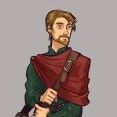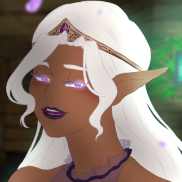-
Popular Topics
-
Topics
-
Recent Status Updates
-
Options
Options
-
the horse stall in numendil has been restocked. 14.28 speed thourough breds, horse armour, etc.
horses also available in aaun
-
To the people that think you can't have good faith conflict and CRP without ET I refer you to the 6v25 against the legion last night.
If you're having OOC issues with CRP perhaps it's just you, and you shouldn't partake.
THAT WAS A BLAST Y'ALL. I look forward to more battles.
-
Remember staff hates girls kissing girls happy pride month yall
No Recent Status Updates -
Options















Recommended Posts